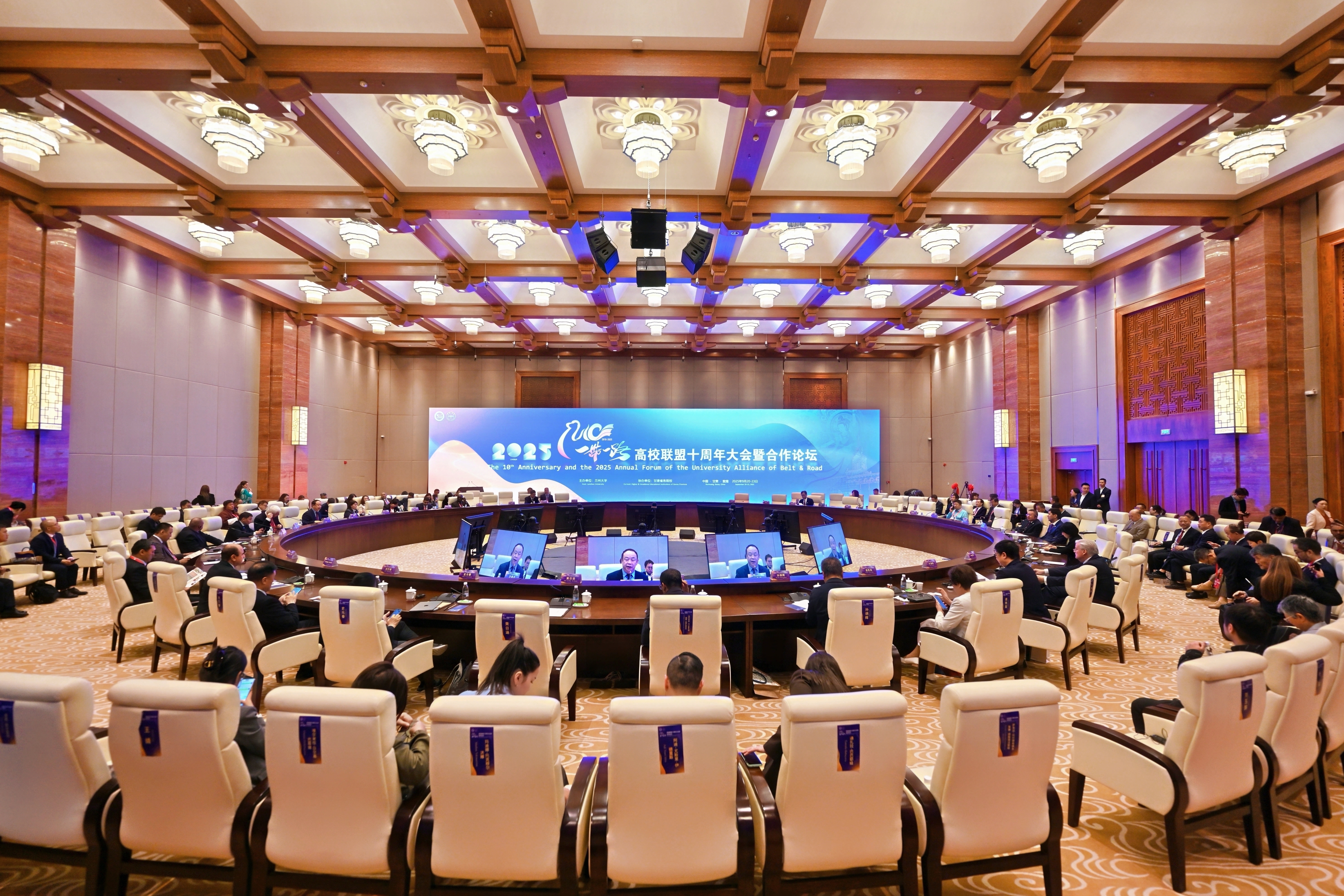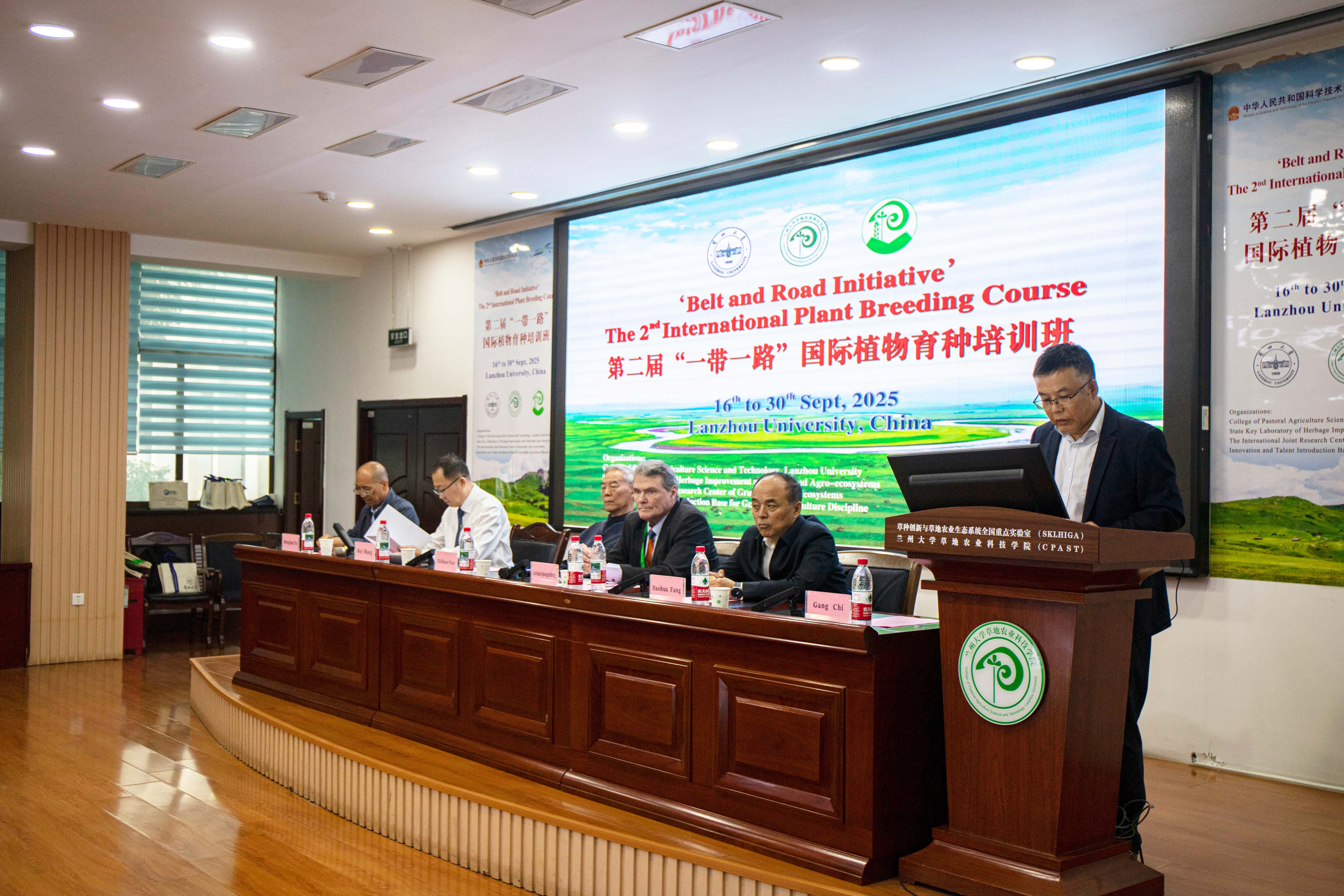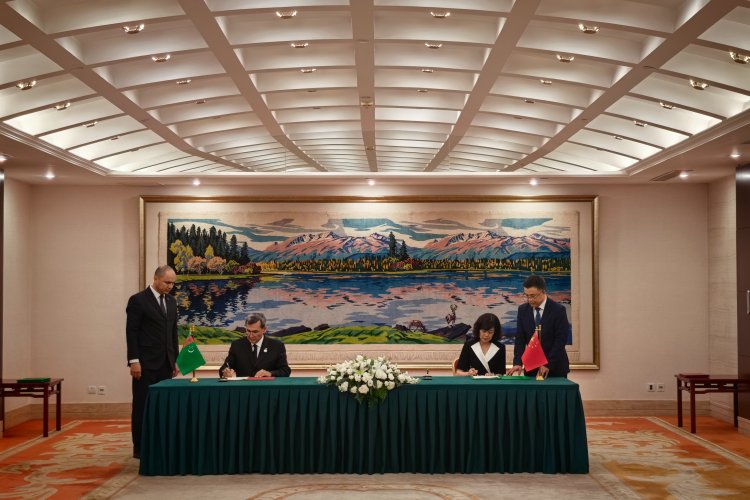From August 10 to 15, a delegation led by Yang Yongping, President of Lanzhou University (LZU), visited partner institutions in New Zealand and Australia. During the visit, the delegation engaged in in-depth exchanges with the partner universities on talent cultivation, faculty and student exchanges, and scientific research collaboration. The delegation included heads of Office of International Cooperation and Exchange, College of Chemistry and Chemical Engineering, School of Economics, and Institute of Higher Education.
During the visit to New Zealand, the delegation visited the University of Auckland (UOA) and Massey University (MU). At the UOA, Yang Yongping met with Professor Erik Lithander, Deputy Vice-Chancellor for strategic engagement, and held talks with heads of the International Office, Faculty of Arts and Education, Business School, Faculty of Science, Faculty of Engineering and Design. Both sides reached consensus on further expanding disciplinary exchanges based on existing cooperation, particularly in economic management, chemistry and chemical engineering, higher education, and English language teaching.
The collaboration between MU and LZU began around 1980. During the meeting with MU representatives, Yang Yongping reviewed the solid foundation for bilateral cooperation laid by scholars from both institutions, notably LZU academician Ren Jizhou. He emphasized that both universities would cherish the 40-year partnership and build on past achievements. He expected the two universities to not only enhance collaboration in grassland agricultural science and technology, but also to expand into new areas , promote wider personnel exchanges, and thereby achieve more productive results.
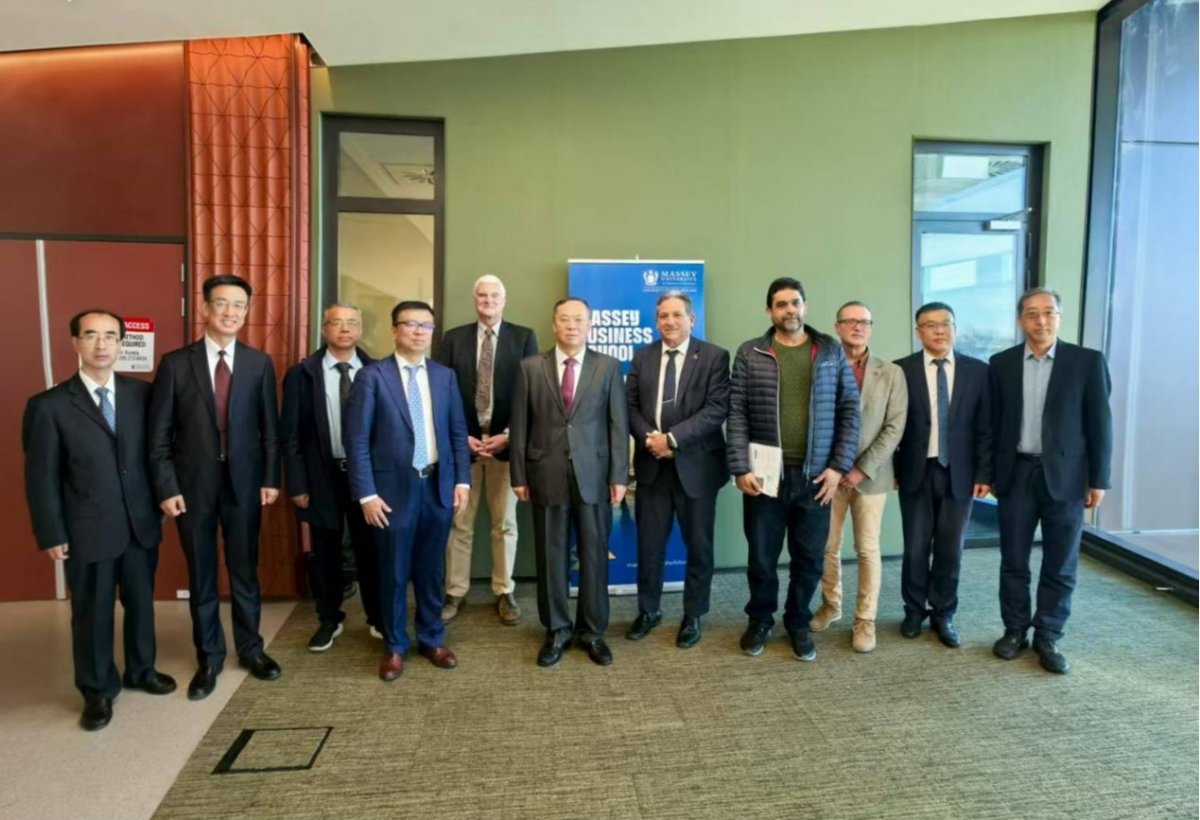
After the visit to New Zealand, the delegation met with Professor Li Rongyu, Deputy Vice-Chancellor and Vice-President for Global Engagement at The University of Queensland (UQ). The delegation also visited UQ Dow Centre for Sustainable Engineering Innovation, ARC Centre of Excellence for Green Electrochemical Transformation of Carbon Dioxide, Australian Institute for Bioengineering and Nanotechnology, Faculty of Science as well as Faculty of Humanities, Arts and Social Sciences, and conducted in-depth discussions on talent cultivation and scientific research collaboration. Both sides reached a consensus on organizing a three-month exchange program for LZU postgraduates and doctoral students in economics to study at the UQ.
On August 13, the signing ceremony for the framework cooperation agreement and the Sino-foreign cooperative education agreement between LZU and the University of Southern Queensland (USQ) was held in Brisbane. Yang Yongping and Professor Karen Nelson, President of the USQ, signed the agreements on behalf of their respective institutions. Yang Yongping stressed that the collaboration between LZU and the USQ in climate change, agricultural development, and environmental ecology is vital to the development of both China and Australia. The signing of the agreements marks a new phase of cooperation between the two universities. He expressed hope that LZU, together with the USQ and various sectors from both China and Australia, will develop the Sino-foreign cooperative education program into a flagship project within Sino-Australian educational exchanges, contributing to bilateral educational collaboration and enhancing the friendship between the peoples of both countries.
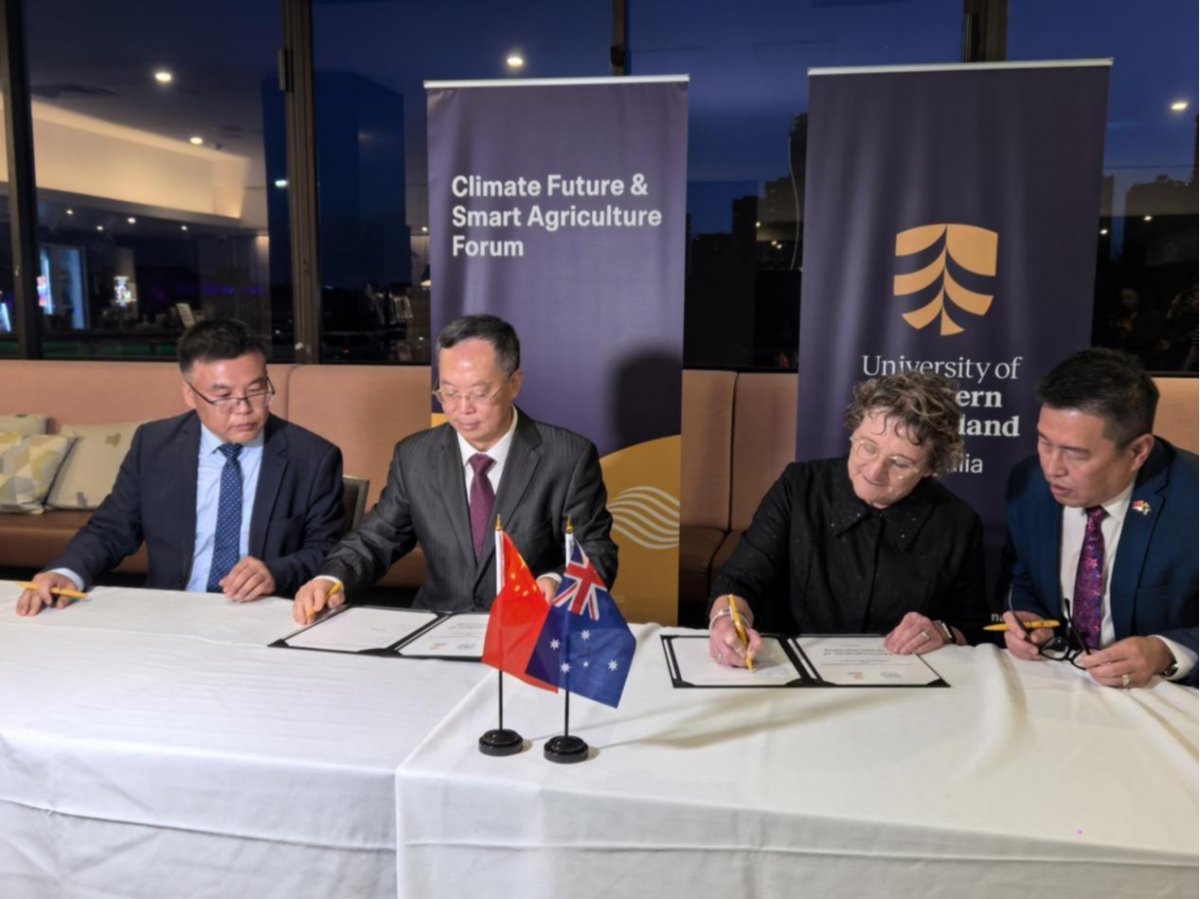
Yang Yongping also attended the second Climate Future and Smart Agriculture forum co-hosted by LZU and the USQ. The forum attracted numerous scholars from China and Australia, with four professors from LZU invited to deliver presentations.
During their stay in Sydney, the delegation visited Macquarie University (MQU) and The University of Sydney (USYD). In a meeting with Anthony Cahalan, Deputy Vice-Chancellor of MQU, Yang Yongping provided a detailed introduction to LZU. He hoped that both sides would integrate the strengths in linguistics, international relations, higher education, economics and management, science, and engineering to further deepen faculty exchanges and research collaboration, and to build an academic platform for humanities and social sciences. He also proposed exploring joint undergraduate and graduate programs as well as long-term and short-term exchange programs, and supporting the co-hosting of high-level academic conferences to facilitate in-depth discussions on topics of mutual interest.
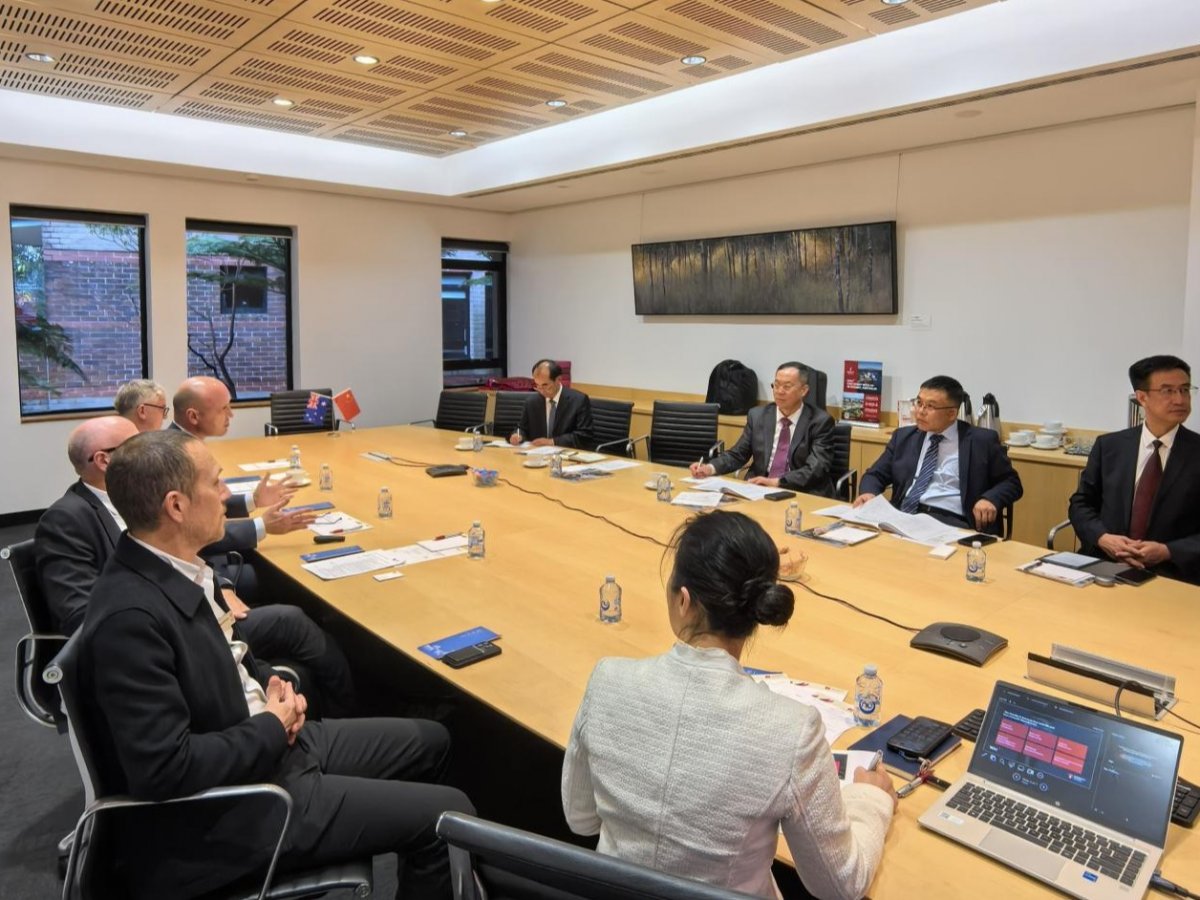
At USYD, the delegation held meetings with representatives from the Faculty of Arts and Social Sciences and Faculty of Engineering. In in-depth discussions were held regarding on future collaboration, with both sides agreeing to further explore cooperation in regional economics, new energy, higher education, and chemical engineering. They also committed to establishing effective communication channels to promote personnel exchanges.
During the visit, Yang Yongping also met with Ruan Zongze, Consul-General of the People’s Republic of China in Brisbane, and Li Wei, Minister-Counselor for Education of the Embassy of the People’s Republic of China in the Commonwealth of Australia. Additionally, the LZU Australia Alumni Association was established during the delegation’s visit.
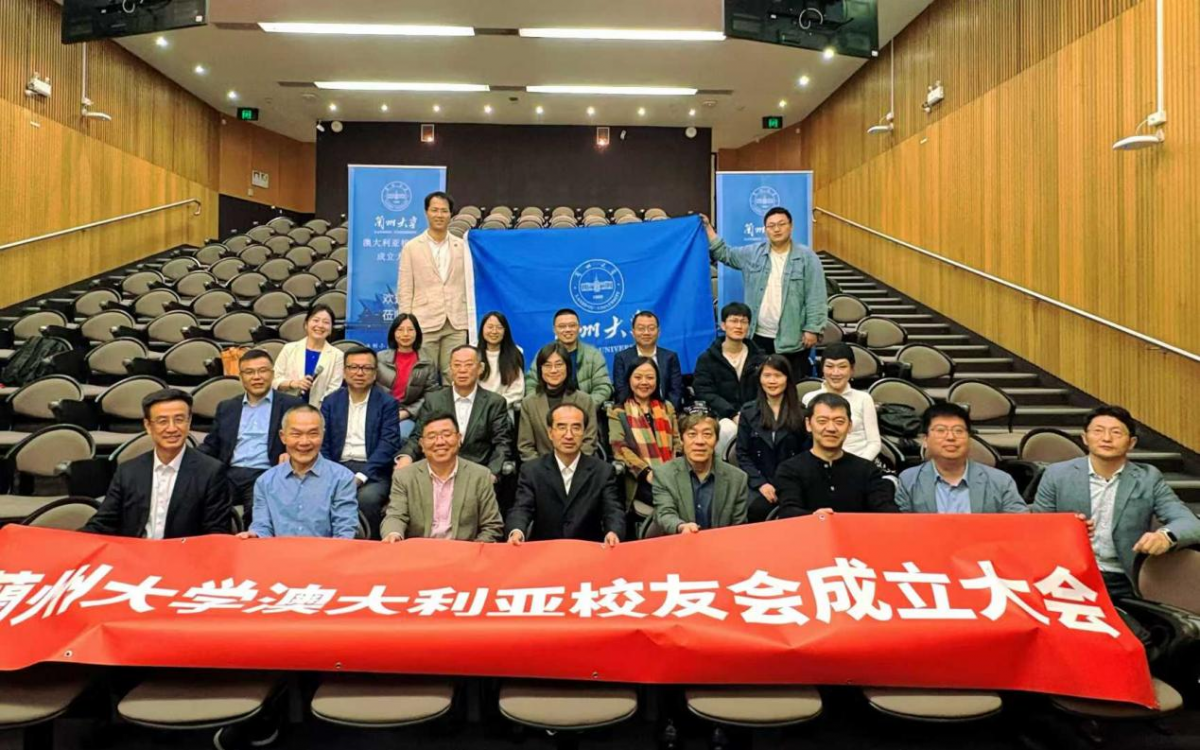
The visit has further solidified the foundation of cooperation between LZU and universities in New Zealand and Australia, while also expanding new areas of collaboration. The Sino-foreign cooperative education program between LZU and the USQ represents a new exploration for LZU in organically integrating interdisciplinary approaches and international talent cultivation models, marking a new chapter in cooperation with Australia. This visit will significantly promote the internationalization of talent cultivation, scientific research, and disciplinary construction of LZU in the digital and intelligent era, while further enhancing the level of openness and global engagement.


